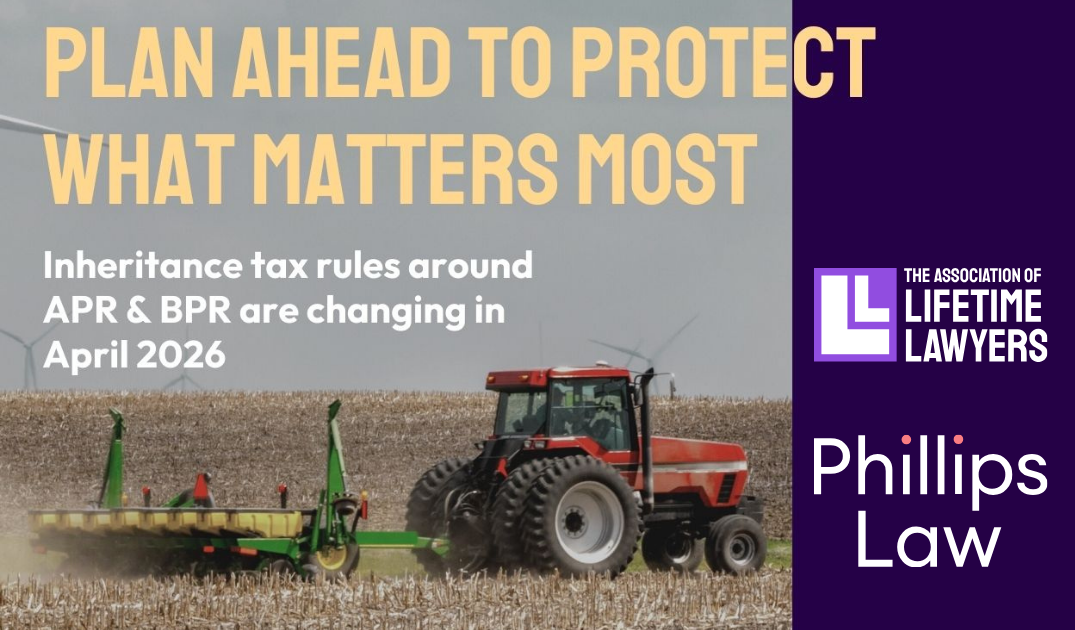
2 November 2017
The Gender Pay Gap Information Regulations came into force on April 6, 2017.
This means all employers in the private, public and voluntary sectors are required to analyse their gender pay gap each April and report this information if they have 250 or more employees.
The gender pay gap is the difference between the average earnings of men and women.
The deadline for the first reports is April 4, 2018. Public authorities need to publish this information by 30 March 2018.
Historically there has been a disparity of pay in favour of men. According to 2017 figures from the Office for National Statistics (ONS), the typical full-time male employee in Britain earned 9.1 percent more than a full-time female employee.
The aim of the regulations is to encourage organisations to take steps to close this gap.
There are six calculations to be carried out annually, which include full-time and part-time employees, workers and some self-employed people who have to personally carry out work for a company.
Agency workers will be counted by the agency providing them, not where they are placed.
The information must be published on the employer’s website where it should remain for three years.
It must also be published on a designated government website https://gender-pay-gap.service.gov.uk/ together with the name of the person who certified the accuracy of the information.
Employers with fewer than 250 employees do not need to publish information on their gender pay gaps yet, but they are encouraged to keep their own records.
If you would like to discuss how we can help your business with gender pay gap reporting, please contact Gill Brown, head of the Employment Law team at Phillips, by calling 01256 854605 or email [email protected]
Contact Us
Please call us or email and we’ll get back to you as soon as possible.

We are delighted to announce that Phillips Law is the regional sponsor of the Knight Frank Schools Triathlon, supporting both the Charterhouse and Marlborough events. The Schools Triath ...
More
What farming families and business owners need to know If you own a farm, land, or a family business, you will have undoubtedly heard that inheritance tax (IHT) rules are changing. Whil ...
More
We are about to see a great wave of Employment Law changes following the Employment Rights Act 2025 becoming law in December. We will use these updates to keep you abreast of the change ...
More
As we look back on a busy and notable January at Phillips Law, we wanted to share a round-up of recent milestones, insights, and community moments from across the firm. Phillips Law cel ...
More
A guide to share incentivisation for employers and an update on the new employment rights. We have created a morning of practical insight that focuses on how you can reward and retain y ...
More
We are proud to announce Victoria’s Promise as Phillips Law’s Charity of the Year for 2026. Victoria’s Promise is a local charity providing dedicated support to young women aged 25 to 5 ...
More